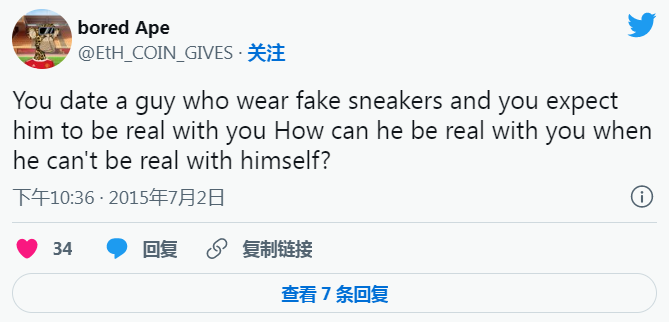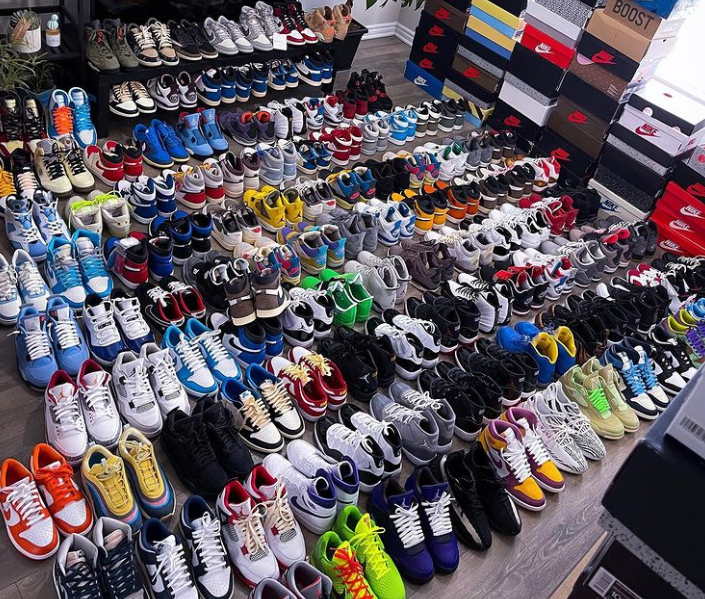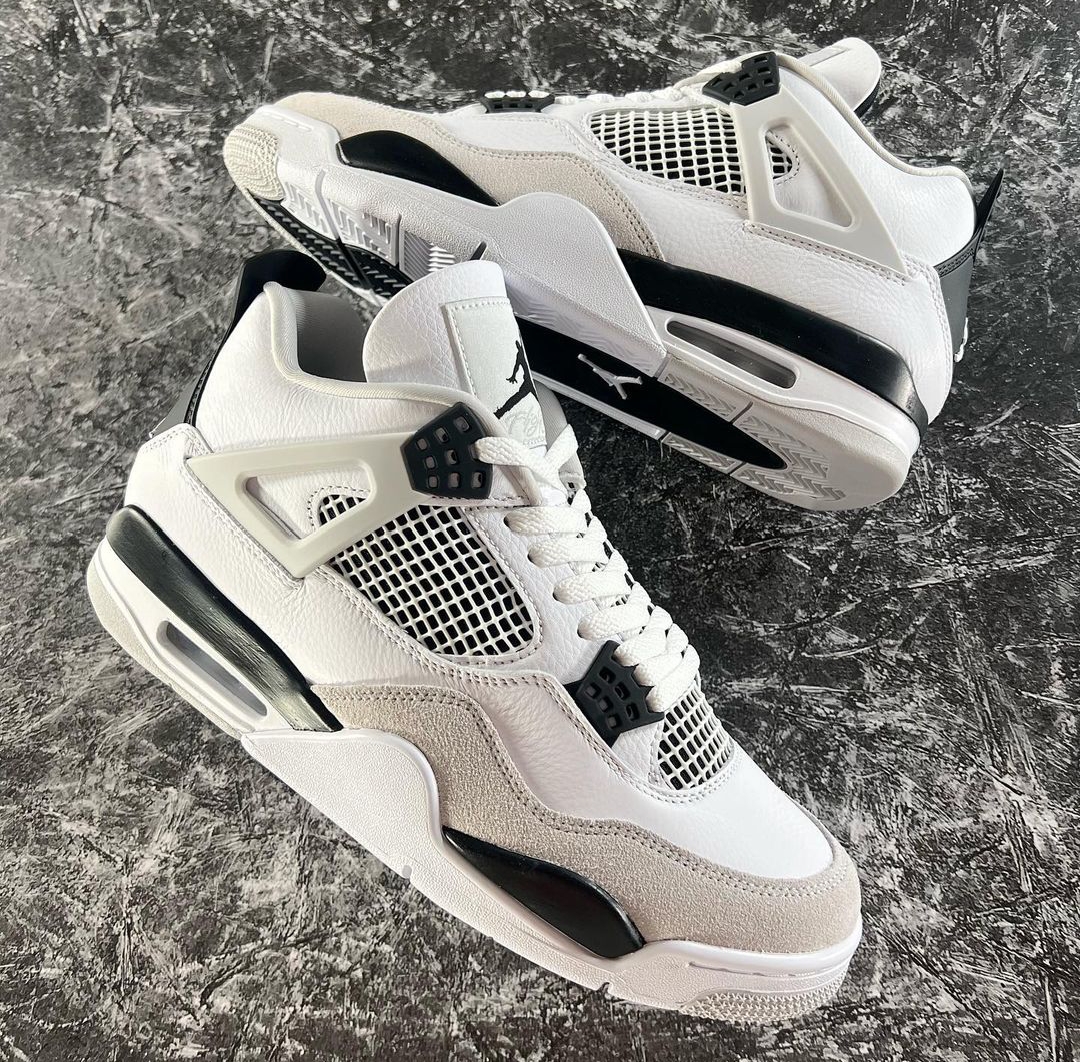Stockxkicks have seen a lot of head-scratching hot takes on social media — ranging from "I guess that makes sense" to "Naw, I am calling the police. However, this right here, officer, has to be one of the most heinous declarations that I have come across. Posted on Twitter, this NFT-loving user states, "You date a guy who wears fake sneakers, and you expect him to be real with you. How can he be real with you when he can't be real with himself?"
We get it. We are in the era of social media "realness." But, this is out of pocket. Though there is probably some irony going on here, let's say for a second that they are dead serious. Buying fake shoes does not correlate to the value of a person, how much disposable income they have, or how much they're willing to spend on an item of clothing.

Buying replica sneakers is not as taboo as you think.
Stockx kicks have no doubt that some of you are already storming towards the comment section to lecture me on why counterfeits are terrible, and defending them makes me, by extension, a terrible person, but honestly: who cares?
I concede that there’s probably a difference in quality between fake goods and their legitimate counterparts: a replica Saint Laurent leather jacket mass produced in China obviously isn’t going to compare to one handmade in Paris, but those are two different production methods. If both are mass produced, then really, what’s the difference? There are even replica shoes that exceed the quality of the real shoes

I own a pair of snide Céline sunglasses; although they look like a genuine pair in every conceivable way, even down to tiny etchings of the brand’s name on pieces of metal that sit on the hinge of the arm.
The lenses are too dark and I question their quality, but they can be changed. The rest of the body is just injection moulded plastic. That can be produced by anyone with the right equipment. And while I recognize that there are different qualities of plastic with different finishes, it’s still only plastic and only a pedant would be able to discern my ones from a genuine pair.
After two and a half years of use they’ve become a bit worse for wear, but having paid only a third of the retail price of an original pair, I can’t say that I’m particularly bothered.

To go back to that imbecilic tweet at the top of this article, anyone that gets high and mighty about people wearing a pair of fake sneakers really needs to start questioning their priorities in life.
Are replica shoes worth it?
Fake shoes are usually produced by either de-assembling an original pair and reverse engineering them, or by simply bribing the factories that brands have officially commissioned to create their stock into handing over the actual blueprints or samples.
In these circumstances, the design itself becomes indistinguishable, and the only difference lies in the materials. But considering that some 60 percent of the world’s chemical and synthetic fibers are produced in China, chances are that facties have pretty easy access to the same or similar sources that brands rely on – so, once again, it’s all basically the same, and scrolling through some of the countless Instagram accounts that compare and contrast legit and snide sneakers, the differences are minimal in most cases.

Even Hypebeast employees, people who presumably know their shit when it comes to shoes, could only correctly identify whether a pair of sneakers were legit or not in 64 percent of instances when they put their skills to the test on video.
All this considered, I struggle to think of a single reason why I should ever buy original sneakers again. The fact is, when you buy something directly from the likes of Nike or adidas, most of your money is spent on imagined value and a feeling of prestige that only exists in your head. In consumer capitalism we’re taught that the things we buy are a direct representation of how much we’re winning (or losing) at life.
Although this belief is widespread, it’s purely subjective, and I happen to think that it’s utter bullshit. It’s a marketing Ponzi scheme abetted by willful ignorance that only serves to fatten brands’ bank accounts.

What brand’s also conveniently like to ignore is their own role in nurturing counterfeits. Consumerism actively manufacturers desire through advertising. The marketers that brands employ are tasked with pushing our mental triggers to make us lust over their products. But even if you don’t earn very much money, you’re still exposed to consumeristic stimuli, both through marketing but also through the shared values of a society where spending and consumption are articles of faith. So the poor are still conditioned to have that desire, but they haven’t got the means to realize it.
This, fundamentally, is what creates the counterfeit market. The Supreme-style tactic of creating super-limited stock to crank up exclusivity also plays a part: those willing to pay the retail rate for a pair of YEEZYs and Jordan 4s are pushed into buying Replica YEEZYS or Replica Air Jordan 4 because the brand has willingly put the real thing out of their reach. So don’t shed a tear for brands so adored that they become targets for counterfeiters – the reality is that they’ve brought it upon themselves.
Existence is reasonable. Everyone has their own choice, we don't need to be angry about fake shoes. Because they help those in need to some extent. If you want to shop 1:1 high quality fake shoes, then you can go to Stockx kicks to buy them.


1 Comments
give me free shoe if u like eps